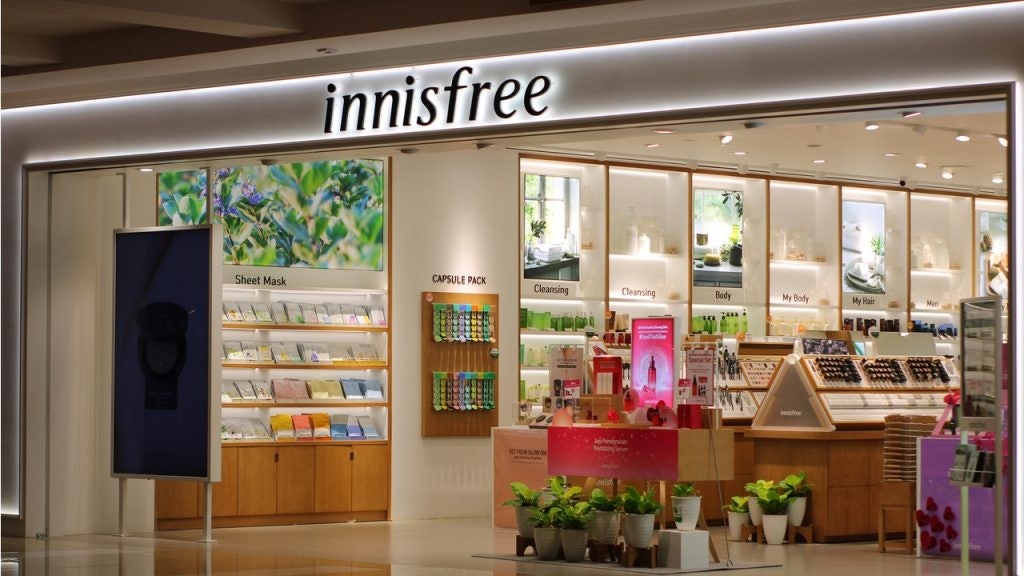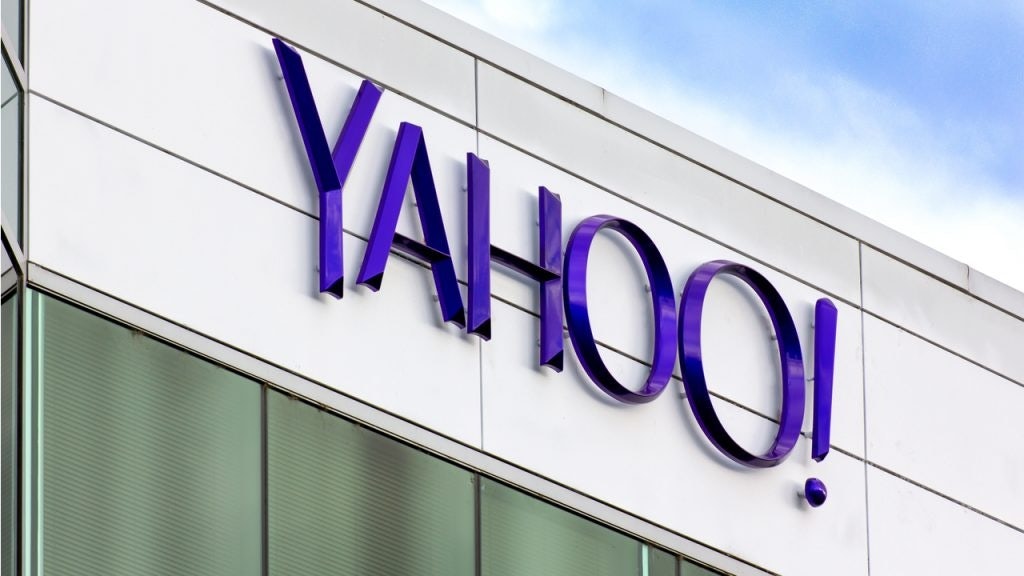Where there are winners, there are also losers. From gaming servers to fast fashion retailers, not all businesses have been able to successfully cash in on the world’s second largest economy like global luxury conglomerates have during the pandemic.
That’s because for all the opportunities the Chinese market presents, there are countless obstacles to nativagate. For starters, Guochao, or “national trend,” has given rise to homegrown labels that have begun edging out their international counterparts, particularly in the mass market. On top of this, new crackdowns on technology, private business, data privacy, livestreaming, and celebrities — the list goes on — have created question marks surrounding future operations in the country.
While some brands are toughening it out, others have thrown in the towel. Below are five global players that, for various reasons, decided to scale down in China this year. For more of our 2021 year reviews and highlights, read here.
Etude House#

After conquering hearts with its princess aesthetic and affordable prices, local media reported in early March that Etude House had closed all of its stores in China, with multi-brand retailer The Colorist remaining as its only offline channel. Part of its downfall can be traced back to South Korea’s decision to build a missile defense system with the US in 2017, much to China’s chagrin, causing the growth rate of K-beauty imports to plummet. Early pandemic days also saw reduced spending on color cosmetics as well as increased support for domestic brands like Perfect Diary and Florasis — additional nails on the cult favorite’s coffin. Read more
Innisfree#

The Amorepacific-owned beauty brand, best known for its natural ingredients from Jeju Island, announced in May that it would shutter 170 stores by the end of 2021, after having already closed 140 locations over the past two years. Like its sister brand Etude House, Innisfree’s departure not only reiterates the declining popularity of Korean cultural products but also shifting preference of Chinese beauty consumers for luxury names over mid-priced items. Read more
Everlane#

After just two short years in the market, Everlane announced in September that it would stop selling on Tmall Global and end customer service operations in China by October. Although the American label reassured Chinese consumers that they can still shop via its global website, the move signals a worrying trend of retreats by global fashion retailers, including Urban Outfitters which also exited China this year. Besides a lackluster social media presence, Everlane’s sustainability message — its key selling point overseas — failed to resonate with local shoppers. Read more
LinkedIn#

In October, the Microsoft-owned professional networking platform announced it would power down the Chinese version of its service, marking the exit of the last major US-owned social network in China. In its place came InCareer, a localized job portal that allows professionals to be discovered by recruiters but not share posts or news articles, launched on December 13. While LinkedIn pointed to the “significantly more challenging operating environment and greater compliance requirements in China” as reasons for its pivot, Beijing’s tightening internet grip isn’t the only thing to blame for the site’s troubles. Read more
Yahoo#

Following LinkedIn’s announcement, Yahoo soon jumped ship and pulled its services from the mainland on November 1. The American company similarly cited “the increasingly challenging business and legal environment in China” as well as its commitment to a “free and open internet,” feeling the heat from Beijing’s data privacy and censorship rules. However, the move was more symbolic than anything, as many of its features, including email, news, and search engine, were scrapped from China years ago. Read more

